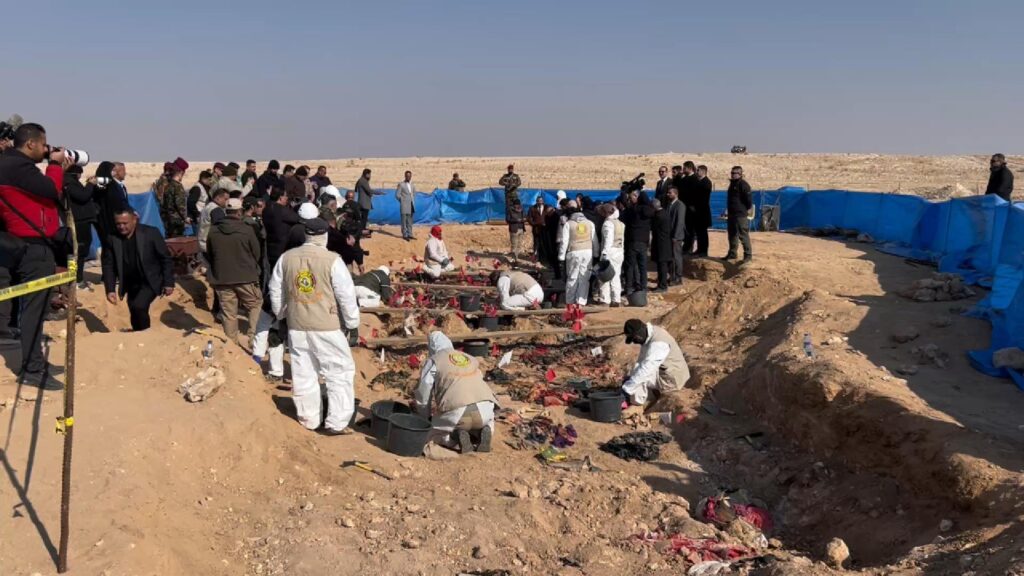WFP Iraq Country Brief, January 2020
Operational Context
In Iraq, intermittent conflict continues to aggravate the poverty rate and threaten livelihoods. Following the return process that began in 2018, the situation and needs of internally displaced people (IDPs) and refugees remain precarious. WFP Iraq’s assistance focuses on saving lives and protecting livelihoods – supporting the Government of Iraq's social safety nets towards zero hunger. The challenges of rebuilding infrastructure, providing basic services, promoting social cohesion, demobilizing militias, creating jobs, and progressing towards gender equality whilst maintaining security have impeded the country’s efforts to make progress on the Sustainable Development Goals, including SDG 2: Zero Hunger.
A Zero Hunger Strategic Review was carried out in 2018 with participation of key Government partners and stakeholders. WFP’s Country Strategic Plan (CSP, 2020-2024) in Iraq has been informed by the findings and recommendations of this review and has an all-encompassing goal of supporting the Government of Iraq to accelerate progress on the 2030 Agenda for Sustainable Development, shifting WFP’s role from implementer to enabler. This is critical in a context that is transitioning away from immediate crisis response to greater resilience, and a longer-term transition to peace and development. Mainstreaming gender-transformative and nutrition-sensitive programming is also key.
Operational Updates
• In January, WFP delivered food assistance to 375,346 people in 11 governorates, reaching 56 percent of the monthly target of 665,782 people. This was mainly due to delays in the start of school feeding in some locations, because of the civil unrest.
• Protests continue in Iraq (except in the Kurdistan Region and some northern areas), spurred by disenfranchised people because of a lack of employment opportunities, perceived corruption and a lack of basic services.
• In early January, the head of Iran’s Revolutionary Guards was killed in Baghdad in a US air raid, along with the deputy commander of the Popular Mobilization Forces (PMF) militias, which since created a more tense security situation in Iraq.
• In January, the roll-out of the e-voucher modality (conditional cash transfers, made through the SCOPE card system), continued in camps across Anbar and Ninewa governorates. Sensitization materials and key messages are being disseminated throughout the camps, as part of ongoing Communication with Communities work. This has resulted in over 96 percent of all WFP assistance being provided in cash in Iraq.
• Coordination with the Ministry of Migration and Displacement (MoMD) continued in January for the IDP response. In the locations that MoMD distributed food parcels (Dohuk, Baghdad, Ninewa, Erbil and Anbar governorates), WFP provided a complementary “top-up” ration to cover the gap. As in 2019, this is expected to result in significant savings during the year.
• By the end of January, over 20,000 people had fled from northeast Syria into Duhok in the Kurdistan Region, following the Turkish operations that started in October, and WFP has delivered food assistance for over 18,400 refugees in Bardarash and Gawilan camps. In both camps, WFP is continuing to distribute ready-to-eat food packages (IRR) for new arrivals, and one-month rations (FFR) after two days. Arrivals slowed to 40-60 per day.
• Obtaining approvals for the movement of food trucks continues to be challenging, because of new processes between the Joint Coordination and Monitoring Centre (JCMC) and the National Operations Center (NOC). WFP is liaising with government counterparts accordingly, to be able to move forward with distributions.



